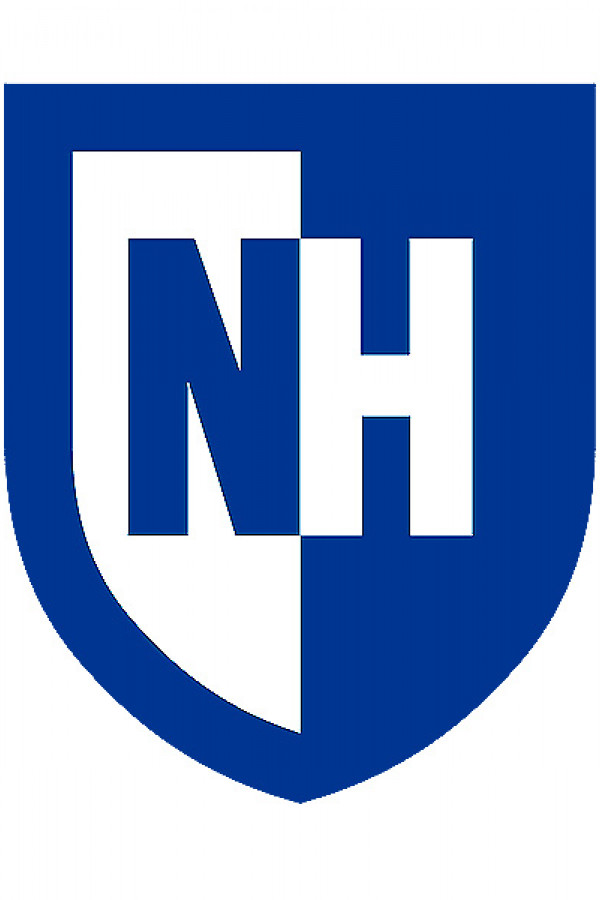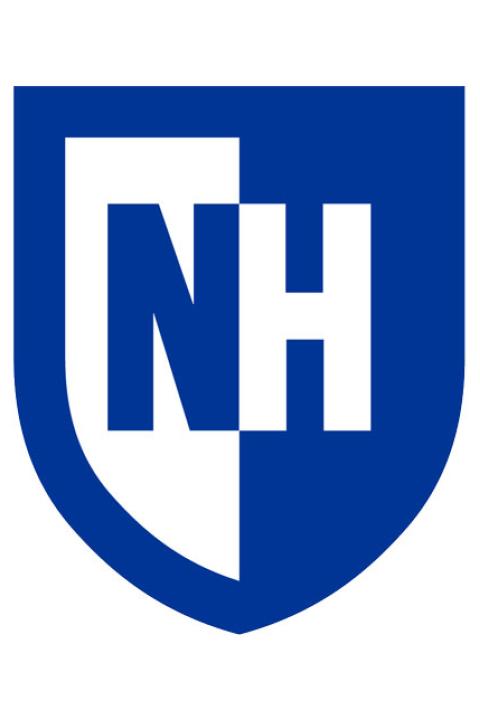The general relevance of economics to your professional development and to enhancing understanding of current world developments has prompted the economics program to offer a minor in economics. Many students pursuing their principal interest in another area may welcome the opportunity to pursue a less rigorous option in economics. In an attempt to contribute towards meeting that need, the Paul College faculty has developed a number of courses for non-majors which, combined with certain other courses, can constitute a minor in economics.
WHAT IS ECONOMICS?
Economics is a social science that studies how individuals, governments, firms and nations make choices about allocating scarce resources between alternate and competing wants. A grounding in economics, no matter what your major, will help you better understand real-world situations such as efficiency of resource use, fairness of economic outcomes, and development of global and national economies.
WHY STUDY ECONOMICS AT UNH?
For business administration majors, a minor in economics provides an understanding of the foundational issues in business in relation to the larger economy, and for liberal arts majors a minor can provide a tool kit for understanding and critically evaluating public policy issues. You will get a grounding in macro and microeconomics, with elective choices that include among others predictive modeling, the economic history of the United States, economic development, and labor economics. Economics is an excellent background for many careers including banking and financial services, consulting, public service, NGOs, entrepreneurial venture, law, and government.
Curriculum & Requirements
Economics is a social science that studies how people coordinate their wants and desires, given the decision-making mechanisms, social customs, and political realities of the society. The key words in economics are coordination and incentives.
For business students, a minor in economics provides an understanding of the foundational issues in business such as agency concerns, for liberal arts majors a minor can provide a tool kit for understanding and critically evaluating public policy issues. Economics is an excellent background for many careers including banking and financial services, consulting, public service, NGOs, entrepreneurial ventures and government. It is also excellent preparation for further study in law, business, and international relations.
The minor in economics consists of five courses (20 credits). A minimum of three courses must be taken at UNH. All transfer courses must be evaluated for equivalency. No more than 2 transfer courses may be applied to the minor. The minor follows UNH policy on requirements for minors.
| Code | Title | Credits |
|---|---|---|
| Required Courses | ||
| ECON 401 | Principles of Economics (Macro) 2 | 4 |
| ECON 402 | Principles of Economics (Micro) 2 | 4 |
| Select one of the following courses: | 4 | |
ECON 605 | Intermediate Microeconomic Analysis 1 | |
ECON 611 | Intermediate Macroeconomic Analysis 1 | |
ECON 635 | Money and Banking 1 | |
| Electives | ||
| Select two courses from the following: | 8 | |
ECON 565 | Predictive Modeling: Data Driven Economic Analysis | |
ECON 605 | Intermediate Microeconomic Analysis 1 | |
ECON 611 | Intermediate Macroeconomic Analysis 1 | |
ECON 620 | Topics in Economics | |
ECON #620W | Topics in Economics | |
ECON 625 | Economic History of the United States | |
ECON 633 | Microfinance | |
ECON 635 | Money and Banking 1 | |
ECON 645 | International Economics | |
ECON 653 | Law and Economics | |
ECON 654 | Industrial Economics and Business Innovation | |
ECON 655 | Innovation in the Global Economy | |
ECON 656 | Labor Economics | |
ECON 676 | Economics of Sports | |
ECON 706 | Economics of Climate Change | |
ECON 726 | Introduction to Econometrics | |
ECON 760 | Game Theory | |
ECON 720 | Economic Problems | |
ECON #720W | Economic Problems | |
Any 600 or 700 level ECON course 3 | ||
| Total Credits | 20 | |


























